SUMMARY
This is AI generated summarization, which may have errors. For context, always refer to the full article.
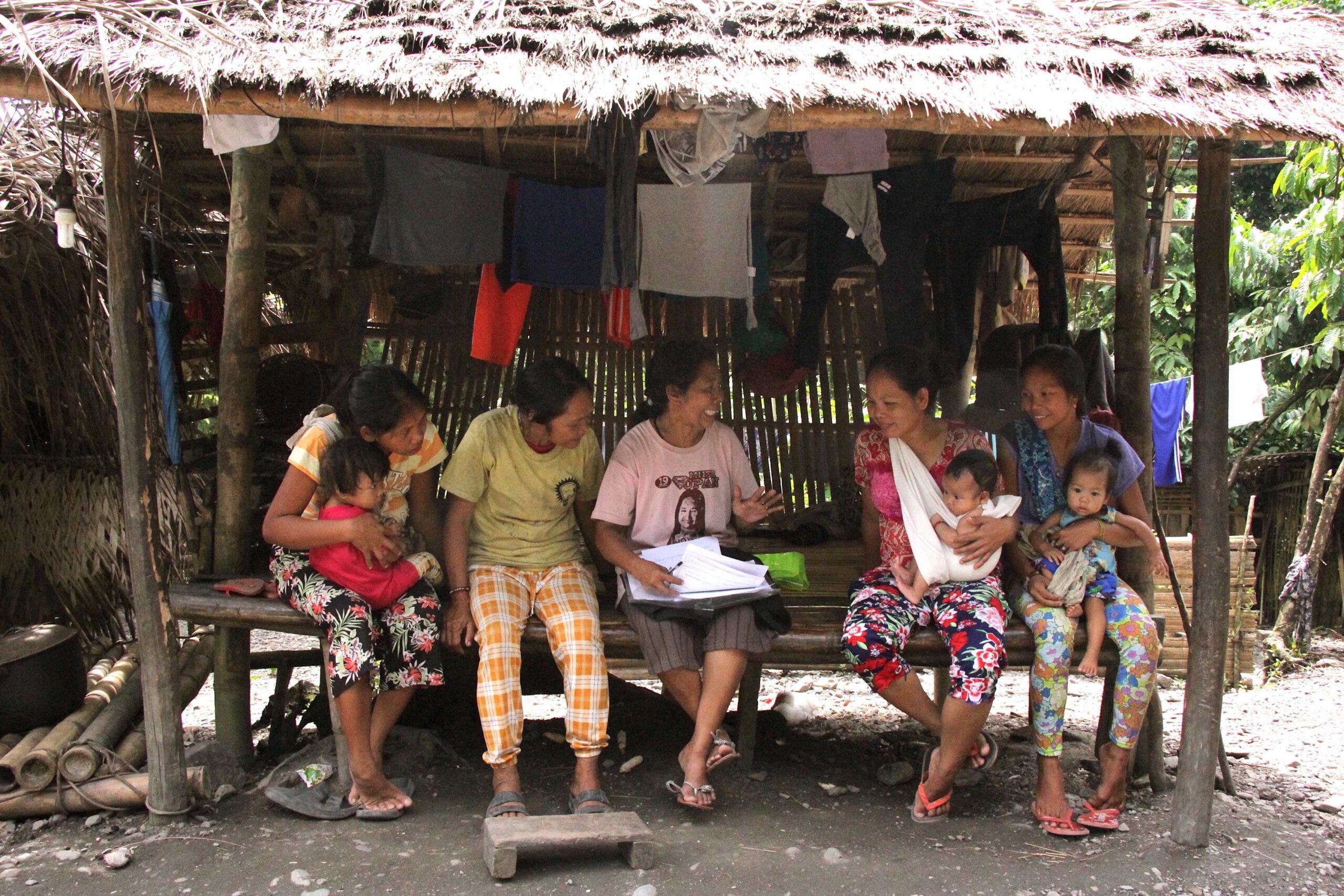
ORIENTAL MINDORO, Philippines – Win-ay Oyonan walked by the river’s edge in Bongabong town, Oriental Mindoro. On a dirt path that led to the next village she crossed one stream and then another on August 19, 2022.
She stopped only when she saw a family on the way to their farm.
“Registered?” She called out in Mangyan, the language of 9,000 indigenous people in the province, to the mother holding an infant in her arms.
“No. I don’t know what to call her,” the mother replied, shaking her head.
The two women found a quiet corner in the shade.
From an envelope, Win-ay took a piece of paper and listed down these details: mother, father, date of birth. The mother, after taking some time to think, decided to name her child after a famous actress. Win-ay wrote carefully on the form: B-E-L-L-A.
That day, the child received her name.
Mangyan identity
In Mindoro, the Mangyan are synonymous with walking. They say the Mangyan can walk all day. And many do.
But for years, new parents and pregnant mothers living in mountain communities found it far too long and expensive to trek downhill for the most basic of rights: a legal identity.
In 2019, less than half of Mangyan surveyed in the province had a birth certificate, according to a survey conducted by The Initiatives for Dialogue and Empowerment through Alternative Legal Services (IDEALS), a non-government organization that aims to increase birth registration among indigenous people on the island.
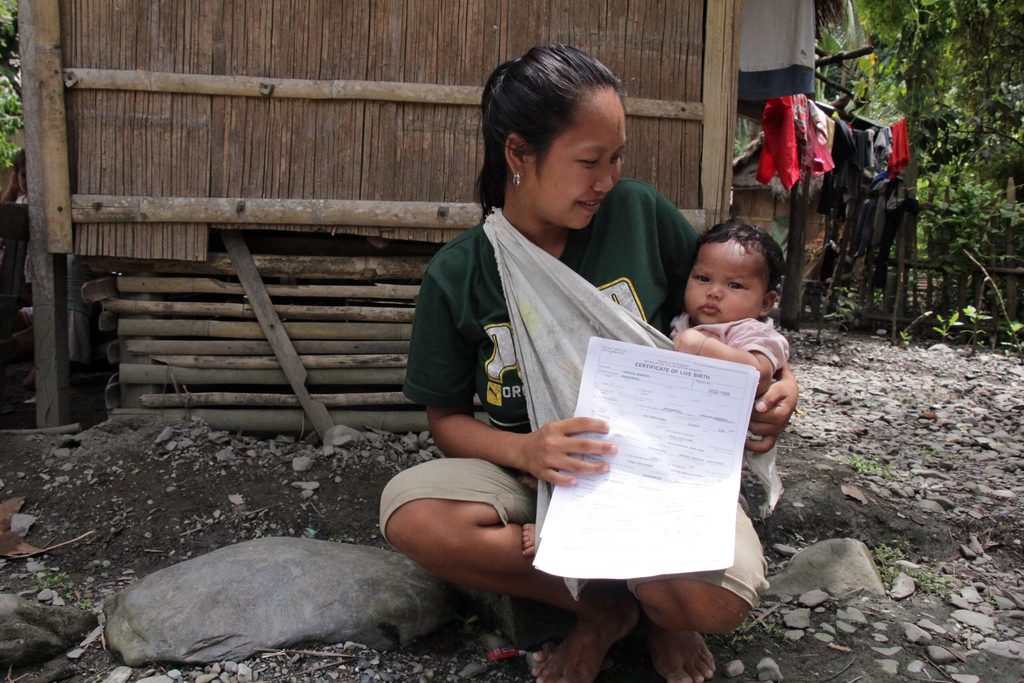
The most common deterrent is the lack of funds and the distance from their homes to the municipal centers where they need to register their children.
“A trip downtown costs P400 both ways,” said Win-ay, who is a member of the Buhid Mangyan ethnic group living in the municipality of Bongabong.
To get to the town center from her village, Win-ay either walks or hires a habal-habal or motorcycle taxi to drive her to the municipal hall.
Mangyan living farther uphill have it even harder. They make most of their trip on foot, trekking for up to five hours from the mountains before they reach a dirt road fit for vehicles.
When they do take the time off, they miss out on a day of farming that would have earned them additional income — a steep price when an average Mangyan earn less than P1000 a month from farming, based on the same survey from IDEALS.
Gateway to social services
Without a birth certificate, unregistered Mangyan do not technically exist according to State records. And if they do not exist, they cannot be entitled to these basic services.
Years ago, the Mangyan could afford to “live and die” without so much as a birth record. But these days, birth certificates are required to go to school, access basic healthcare, and receive other government benefits.
The documents are also prerequisites to apply for the State’s conditional cash transfer program (4Ps), which is a major monetary support for many Mangyan’s day-to-day living.
Win-ay and several Mangyan from all over Oriental Mindoro are working to change this. She is part of a small group of Mangyan who are slowly making birth registration more accessible to their neighbors.
For five years, Win-ay has served as a barangay civil registration assistant (CRA) for the Municipality of Bongabong, helping the local Municipal Civil Registrar (MCR) process applications for Mangyan living in remote communities.
Win-ay had been trained by a different non-government organization to conduct similar mobile civil registration activities. So she was one of the first two contracted by their local government to help with the registration of Indigenous People.
“I know everyone here” Win-ay said, sharing how fellow Mangyan from other villages have pointed neighbors with newborns to her home.
Every week, she visits villages that the local registrar’s staff cannot reach. She checks and takes down details of newborns who need to be registered, and submits them to the local civil registrar, which then processes the applications and hands them back to her for distribution.
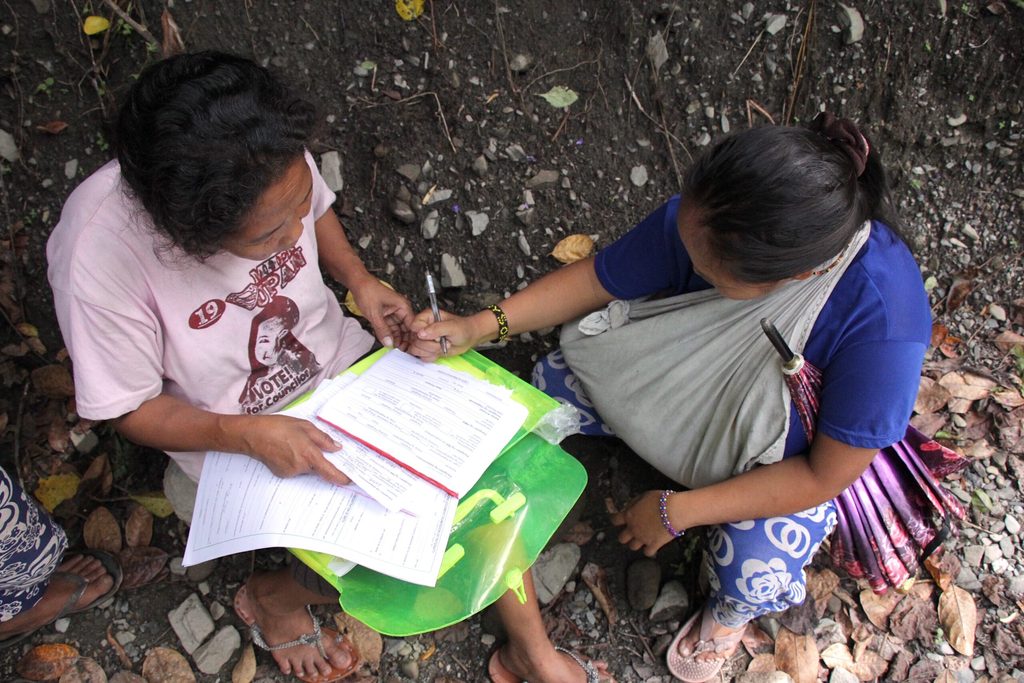
Win-ay receives an honorarium depending on the number of applications she’s facilitated. She estimated the number of Mangyan she has helped register at almost 1,000.
Her work takes her as close as the next village or to mountains as far as six hours away from home.
“I go anywhere I need to go. Near or far, whether or not I have someone to go with me,” Win-ay said.
Breakthrough
Bongabong, a sprawling municipality of rivers and hills, was the first town in Oriental Mindoro to directly integrate katutubo, the Filipino word for indigenous people, into their civil registration system.
Around 9,000 Mangyan live in the area, spread out across three barangays.
Bongabong Municipal Civil Registrar (MCR) Renel Malacapo, whose office is in charge of processing birth certificates and all civil registration documents within the town, said the idea to incorporate Mangyan as partners first came to him in 2017.
“We used to conduct mobile civil registration in communities, but whenever we’d arrive, Mangyan would prioritize buying goods [over registering]. They were too shy to approach us,” he recalled in Filipino.
“[Now] Our agents go to their houses and interview katutubos at home. [It’s better this way] because it’s hard to ask katutubos to go to activities during the day, when they need to work. Mangyan also need to make a living and eat,” he said. – Rappler.com
(Amanda Lingao is a writer and a project development officer for IDEALS, Inc., a human rights NGO based in Metro Manila.)
Add a comment
How does this make you feel?

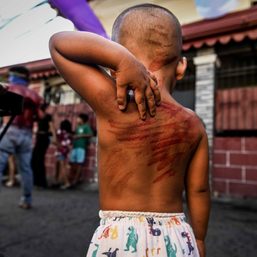
![[Free to disagree] Patiño and Tabar: Dim, deviant or despicable?](https://www.rappler.com/tachyon/2024/03/TL-dim-deviant-or-despicable-mar-26-2024.jpg?resize=257%2C257&crop=221px%2C0px%2C720px%2C720px)
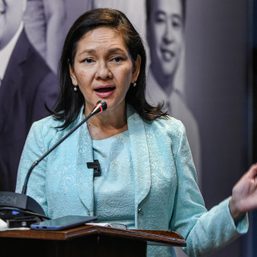



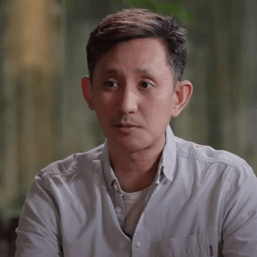
![[WATCH] Dahas Project, the team that continues to count drug war victims](https://www.rappler.com/tachyon/2024/03/dahas-project-2.jpg?resize=257%2C257&crop=404px%2C0px%2C1080px%2C1080px)
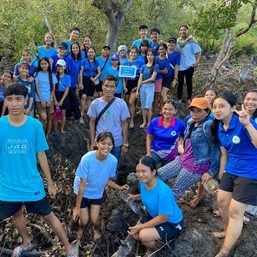
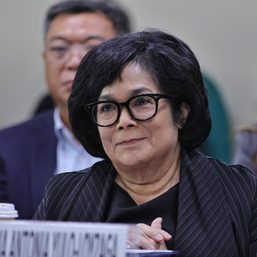

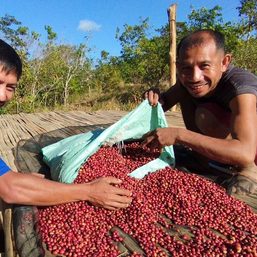
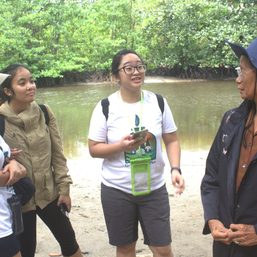
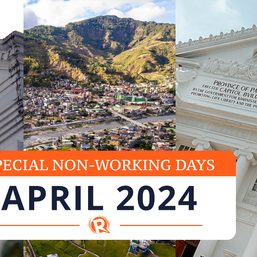
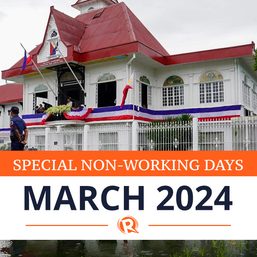
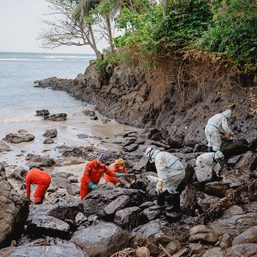
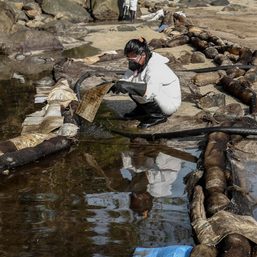
There are no comments yet. Add your comment to start the conversation.